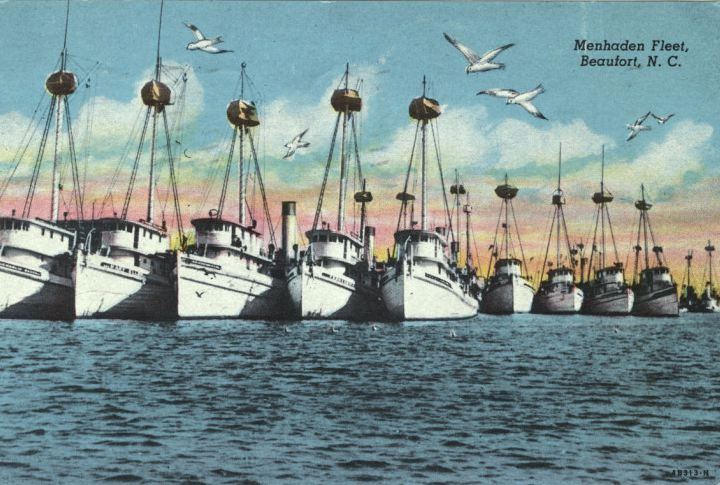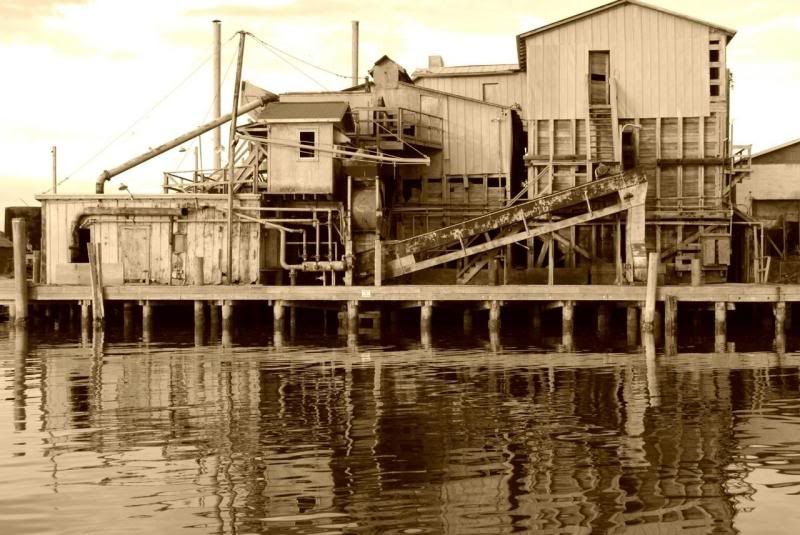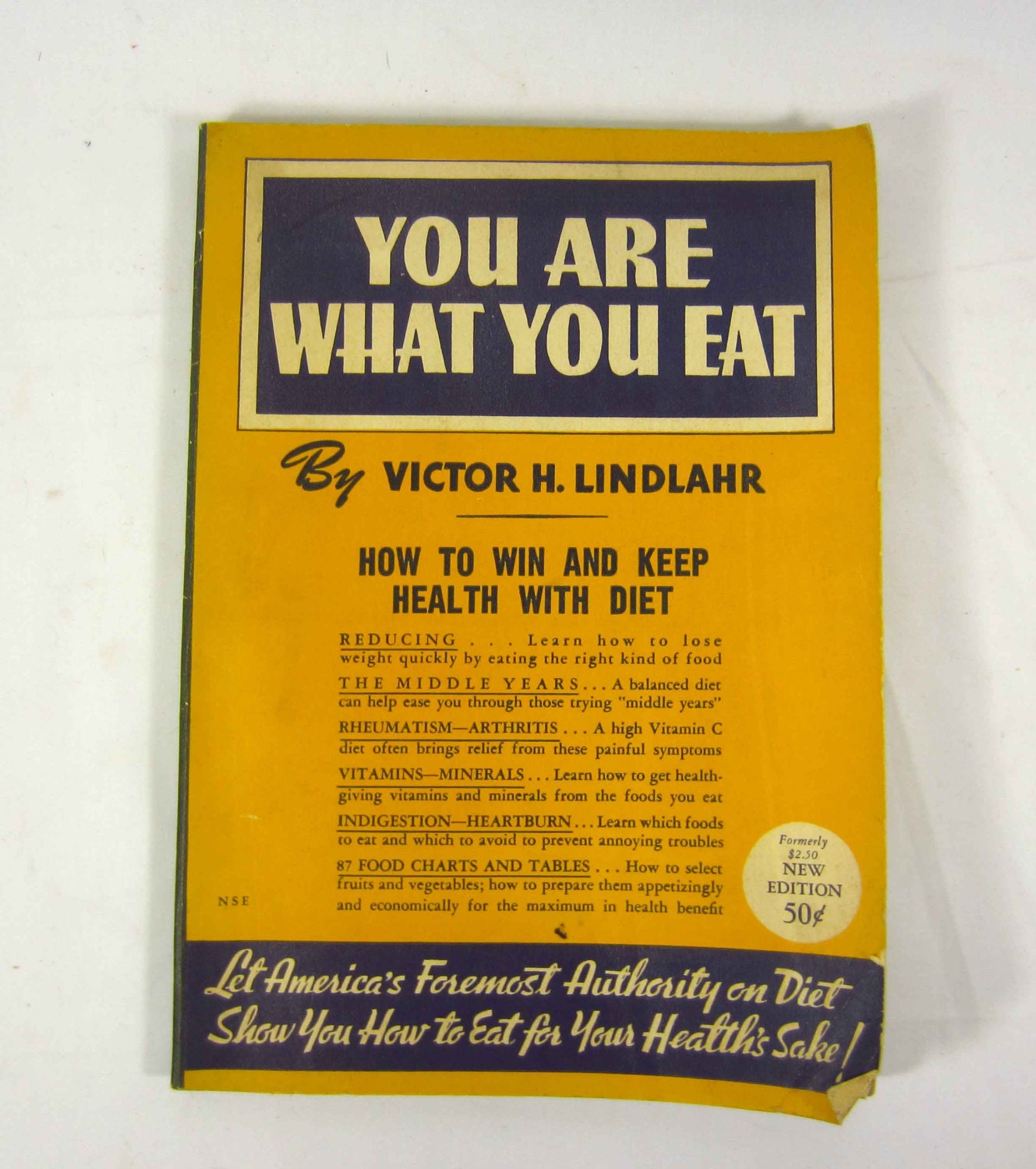Atticus Finch
Call Me a Cab
- Messages
- 2,718
- Location
- Coastal North Carolina, USA
Interesting idea. I also think I would first notice the smell.
I grew up in Beaufort, North Carolina. In 1940, Beaufort was still a small town where everyone either fished or farmed. Every autumn, the menhaden fleet would show up having followed huge schools of migrating yellow fin menhaden down the Atlantic coast from Virginia. The fleet would fish almost every day for a couple of months...then, after Christmas, it would push on further south to the Gulf of Mexico. Each evening during the season, full-to-the-scuppers menhaden boats would line up at one of Beaufort's four fish processing plants to unload. On Sundays...and when the weather was foul...the boats would remain tied to Beaufort's waterfront docks...
...where they would sit stinking.
...and the four processing plants stank, too.
I know because I'm old enough to remember the last days of Beaufort's menhaden industry. I can remember the pungent aroma of baking fish meal and boiling fish oil rolling from the stacks of the fish plants, and the stench of rotting fish guts in the boats. Old timers would smile and say that it smelled like money. But it didn't. It actually smelled like rotting fish.
Those days are over now. The yellow fin menhaden was overfished such that the industry became no longer viable...and substitutes were found for fish oil and fish meal. So the menhaden fleet no longer exists. But it did in 1940. Here's a postcard from that very aromatic time showing the fleet tied to the docks at Beaufort. The weather looks fine, so it must have been taken on a Sunday...and yes, the painted in gulls look goofy, but the photo of the fleet is real.

And this is a photo my girlfriend took of Beaufort's last remaining fish processing plant. Abandoned for years, she took it just before it was torn down to make way for a new condominium project.

AF
I grew up in Beaufort, North Carolina. In 1940, Beaufort was still a small town where everyone either fished or farmed. Every autumn, the menhaden fleet would show up having followed huge schools of migrating yellow fin menhaden down the Atlantic coast from Virginia. The fleet would fish almost every day for a couple of months...then, after Christmas, it would push on further south to the Gulf of Mexico. Each evening during the season, full-to-the-scuppers menhaden boats would line up at one of Beaufort's four fish processing plants to unload. On Sundays...and when the weather was foul...the boats would remain tied to Beaufort's waterfront docks...
...where they would sit stinking.
...and the four processing plants stank, too.
I know because I'm old enough to remember the last days of Beaufort's menhaden industry. I can remember the pungent aroma of baking fish meal and boiling fish oil rolling from the stacks of the fish plants, and the stench of rotting fish guts in the boats. Old timers would smile and say that it smelled like money. But it didn't. It actually smelled like rotting fish.
Those days are over now. The yellow fin menhaden was overfished such that the industry became no longer viable...and substitutes were found for fish oil and fish meal. So the menhaden fleet no longer exists. But it did in 1940. Here's a postcard from that very aromatic time showing the fleet tied to the docks at Beaufort. The weather looks fine, so it must have been taken on a Sunday...and yes, the painted in gulls look goofy, but the photo of the fleet is real.

And this is a photo my girlfriend took of Beaufort's last remaining fish processing plant. Abandoned for years, she took it just before it was torn down to make way for a new condominium project.

AF







